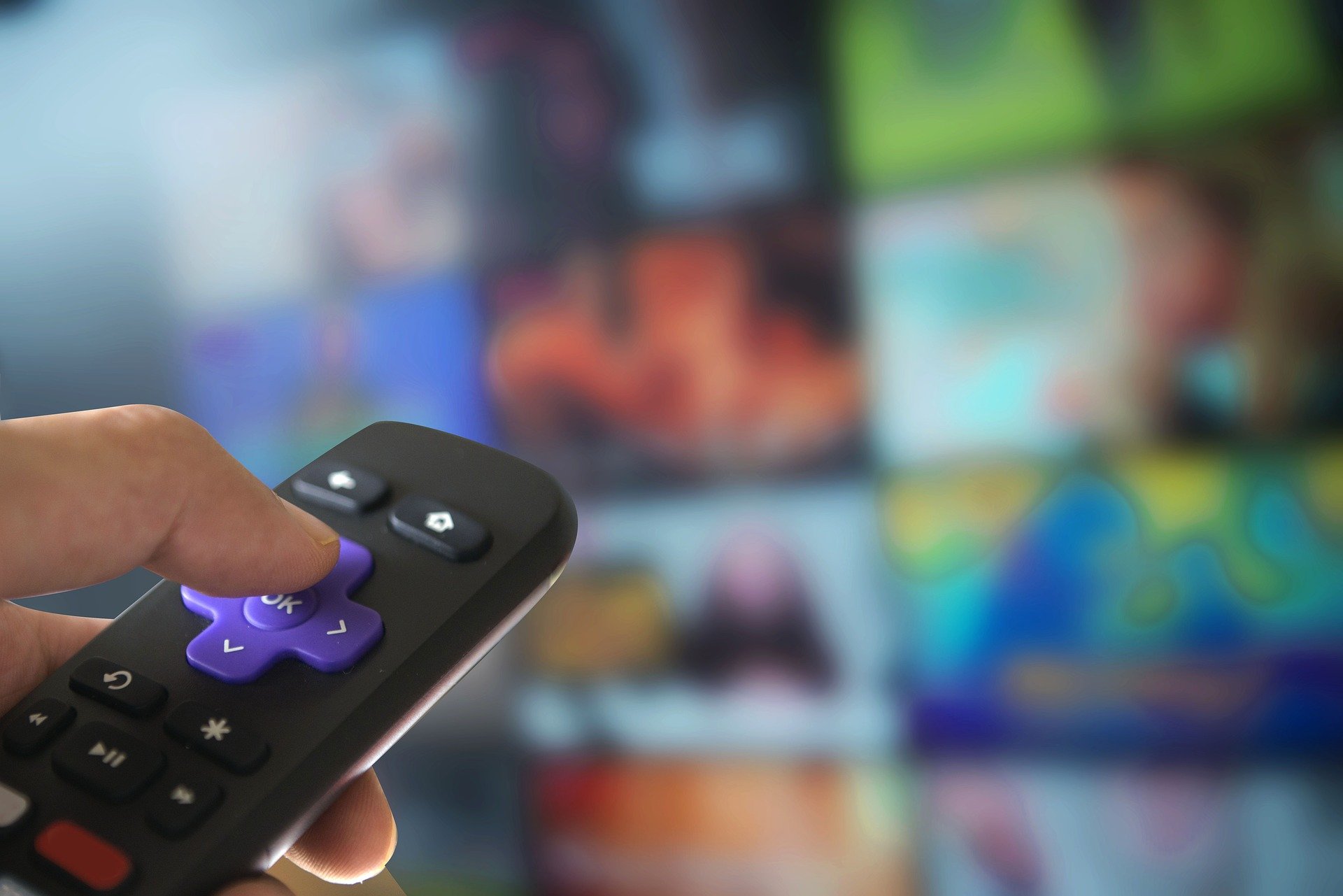DTV Must-Carry Rules Up for Review
WASHINGTON: The must-carry rules that ensure cable subscribers get local TV station signals will expire in June unless regulators extend them. The Federal Communications Commission took the first step to do so Friday when it opened up a Fourth Further Notice of Proposed Rulemaking and Declaratory Order on must-carry.
“In order to retain flexibility to deal with concerns arising after the DTV transition, the commission stated that the viewability rule would sunset three years after the transition, subject to review during the last year of this period to determine if it should be extended, revised, or allowed to sunset,” the notice stated.
Must-carry is the less controversial cousin of retransmission consent, where TV stations negotiate fees for their signals. Stations that hold little or no negotiating sway can opt for must-carry, a relic of analog TV that was amended to account for the digital transition. The cable lobby fought hard to end must-carry, and broadcasters in turn fought to enhance it for digital TV. The broadcasters ultimately won a prohibition on “material degradation,” i.e., having cable operators compress the daylights out of their high-definition signals. Smaller cable operators also won; those lacking the bit-rate capacity to add HD signals were granted a three-year exemption.
“Given the apparent widespread reliance of small cable operators on the HD exemption, we propose to extend it for an additional three years, but ask whether this should be the final extension,” the commission’s notice states.
The post-DTV transition must-carry rule took into account that a substantial number of cable subscribers relied on analog systems who would not receive broadcast signals carried only on digital tiers. The commission therefore adopted a two-part rule requiring cable operators to carry either an analog and a digital version of broadcast signals, or to convert the digital signal for analog subscribers.
“The proceeding we begin today provides an opportunity for us to consider whether extending this rule best fulfills the statutory mandate, by reviewing it ‘in light of the potential cost and service disruption to consumers, and the state of technology and the marketplace,’” the notice said. “The available market evidence seems to indicate that the viewability requirements remain important to consumers.”
Sunsetting would potentially affect “millions” of subscribers, the commission said. In 2010, around 40 percent of all full-power TV stations--around 710--either opted or defaulted to must-carry rather than electing retransmission.
This is a separate issue from one in which cable operators are seeking to encrypt basic tiers on all-digital cable systems. As TV Technology’s Doug Lung notes, “the number of all-digital cable systems is currently small compared with those still offering some analog content.”
The notice stated that, “without the viewability rule, many cable subscribers would be required to pay more for access to must-carry broadcast stations, by replacing existing and still-functional analog equipment with digital equipment or leasing set-top boxes to view the complete service they currently pay for and receive in analog.”
Comments are due on the notice 25 days after publication in the Federal Register; reply comments are due 35 days after.
~Deborah D. McAdams
The professional video industry's #1 source for news, trends and product and tech information. Sign up below.
